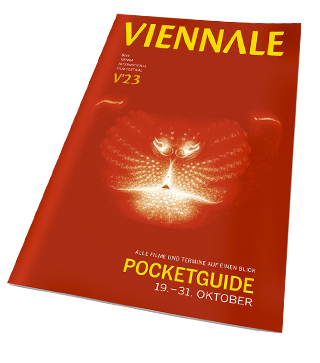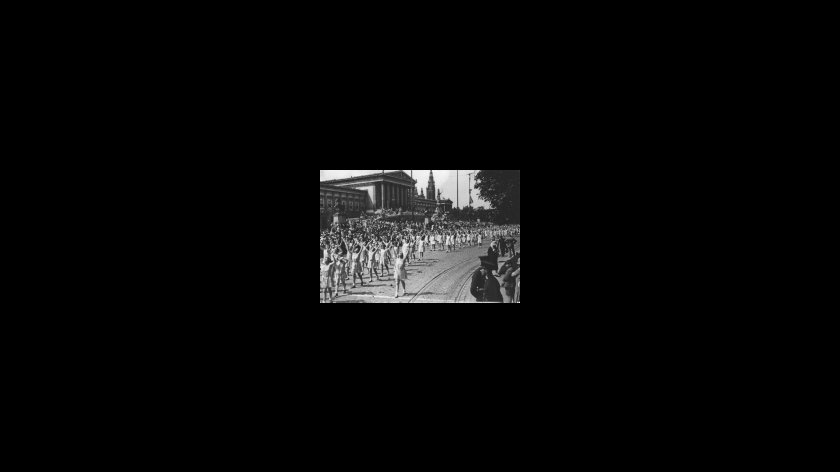PROLETARISCHES KINO: PROGRAMM 13 - FRITZ ROSENFELD 2
]]>Proletarian Cinema in Austria: A Presentation of the Left-Wing Film Culture 1918–1938]]>.
Beginning in the early 1920s, the Austrian labor movement attempted to counter bourgeois cinema with the development of its own autonomous film production. The proletarian film set two tasks for itself: the enlightenment of the working class and the political self-portrayal.
The first part of the film presentation (program 1-11) is concerned with this environment. It devotes itself to documents of class struggle, construction and social reconstruction; it portrays socialist celebrations and festive culture; it marks historical breaks and sheds light on a new consciousness of the human body. In addition, the presentation includes footage examining the Austrian labor movement from various ideological perspectives. Particular emphasis is given to Soviet newsreels, which focused on the Austrian labor movement and have never before been shown in Austria.
The second part of this film show (program 12-18) introduces the most influential film critic of the First Republic: Fritz Rosenfeld, of Vienna’s leading socialist newspaper, the “Arbeiter-Zeitung”. The selection of films represents neither “best-of” programs nor favorite films of the writer. First and foremost, the individual works stand for themselves, having their common point of reference in the core of Rosenfeld’s critical works: in the examination of the political and artistic limitations of the bourgeois film industry, its selective transcendence in works of class-conscious filmmakers or its vanquishing through Soviet revolutionary cinema and the independent production of the avant-garde.
Selected works by Charlie Chaplin, G.W. Pabst, René Clair, Olga Preobraczenskaja, Viktor Trivas, Eugene Deslaw and others will illustrate important topics of Rosenfeld’s unwaveringly enlightened and enlightening film criticism.
In a working class district of Paris in 1930, Albert, a street singer, and his friend Louis meet a young Romanian woman, Pola. Albert falls in love with Pola but is arrested and sent to prison for theft. When he comes out of prison he is furious to discover that Pola has transferred her affections to Louis. One of the first French films shot in sound, Sous les toits de Paris is a striking film, boasting beautiful photography and sets, as well as a moving story.
Montparnasse (Ou le poème du café crème)
F 1929
Realisation Eugène Deslaw
Production Pierre Braunberger
35mm/Sound/black and white
16 minutes
Sous les toits de Paris
F 1930
Director René Clair
Screenplay René Clair
Cinematographer Georges Périnal
Editor René Le Hénaff
Music Armand Bernard, Raoul Moretti
Setting Lazare Meerson
Costumes Ali Hubert
Assistent to the director Marcel Carné
Actors Albert Préjean (Albert), Pola Illéry (Pola), Gaston Modot (Fred), Edmond T. Gréville (Louis), Raimond Aimos (Dieb)
Production
Films Sonores Tobis, Paris
35mm/Sound/black and white
97 minutes




